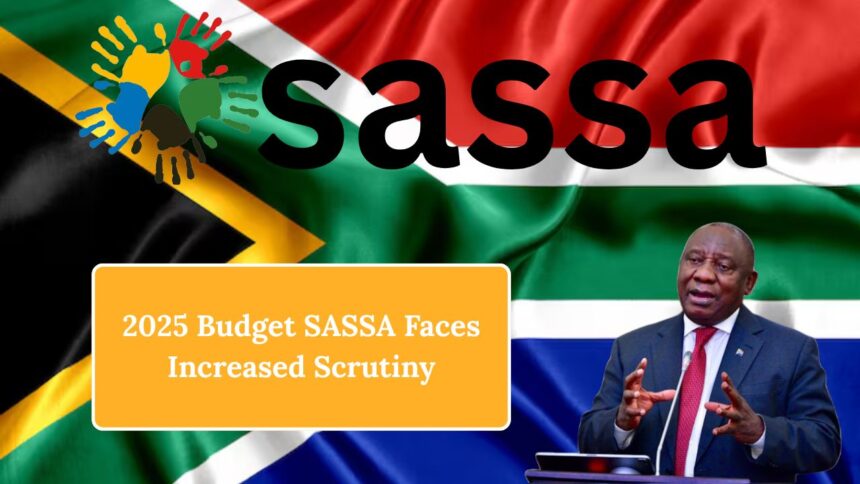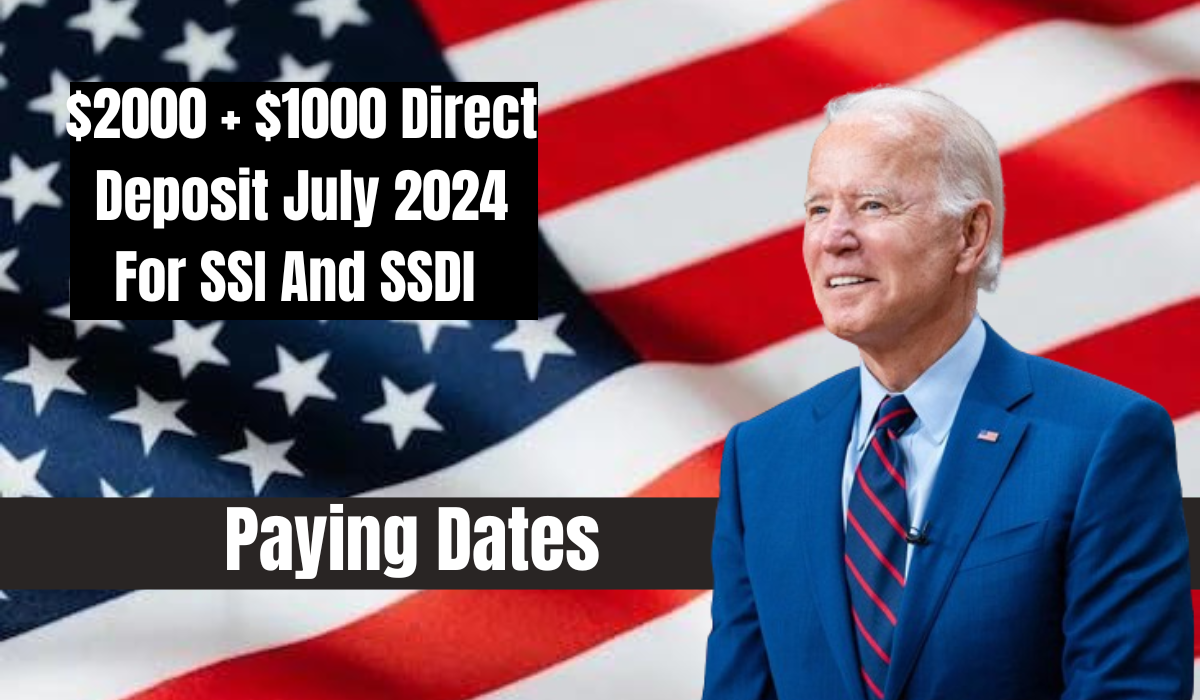2025 Budget SASSA Faces Increased Scrutiny. In 2025, the South African Social Security Agency (SASSA) finds itself at the center of heightened scrutiny as it grapples with budgetary constraints that could significantly impact the nation’s most vulnerable populations. With over 18 million South Africans relying on social grants for their livelihoods, the agency’s financial planning and allocation have become subjects of national concern.
2025 Budgetary Landscape
The 2024 Medium-Term Budget Policy Statement (MTBPS) presented by Finance Minister Enoch Godongwana highlighted the pressing need for fiscal consolidation. The statement emphasized that government spending, including allocations for social assistance, must be curtailed to ensure economic sustainability.
For the 2024/2025 fiscal year, SASSA’s budget allocation stood at R266 billion, accounting for approximately 3.6% of South Africa’s Gross Domestic Product (GDP). However, projections indicate a potential decrease of 7.5% in allocations by the 2026/2027 fiscal year, raising concerns about the agency’s ability to maintain, let alone increase, grant disbursements in the coming years.
SASSA Grants in South Africa
SASSA administers a range of social grants designed to provide financial support to various segments of the population, including:
- Old Age Pension: Assisting the elderly in meeting their basic needs.
- Disability Grant: Supporting individuals with disabilities who are unable to sustain employment.
- Child Support Grant: Aiding caregivers in providing for children under their care.
- Foster Child Grant: Offering financial assistance to those fostering children.
- Care Dependency Grant: Supporting caregivers of children with severe disabilities.
- War Veterans Grant: Providing for veterans of the Second World War and the Korean War.
- Grant-in-Aid: Assisting those who require full-time care due to physical or mental disabilities.
- Social Relief of Distress (SRD) Grant: Offering temporary assistance to individuals in dire need.
These grants play a pivotal role in alleviating poverty and promoting social welfare across the nation.
Balancing Fiscal Responsibility and Social Welfare
The anticipated budget cuts pose significant challenges for SASSA. The agency must navigate the delicate balance between adhering to fiscal constraints and fulfilling its mandate to support vulnerable populations. Potential implications include:
- Reduced Grant Increases: Beneficiaries may see smaller or no increases in grant amounts, affecting their purchasing power amid rising living costs.
- Strained Service Delivery: Budget limitations could impact the efficiency and reach of SASSA’s services, particularly in remote or underserved areas.
- Increased Public Scrutiny: Stakeholders, including civil society organizations and beneficiaries, may intensify their oversight and demand greater transparency and accountability from the agency.
Strategic Planning and Stakeholder Engagement
To mitigate the adverse effects of budget constraints, SASSA must adopt a multifaceted approach:
- Operational Efficiency: Streamlining processes and leveraging technology can enhance service delivery while reducing costs.
- Stakeholder Collaboration: Engaging with government entities, non-governmental organizations, and community leaders can foster innovative solutions and shared responsibilities.
- Transparent Communication: Keeping beneficiaries informed about changes and challenges can build trust and manage expectations.
Conclusion
As South Africa confronts economic challenges, the role of SASSA in providing social safety nets becomes increasingly critical. While budgetary constraints necessitate prudent financial management, it is imperative that the agency continues to prioritize the needs of the nation’s most vulnerable citizens. Through strategic planning, stakeholder engagement, and a commitment to transparency, SASSA can navigate the complexities of the 2025 budget and uphold its mission of social support and empowerment.










